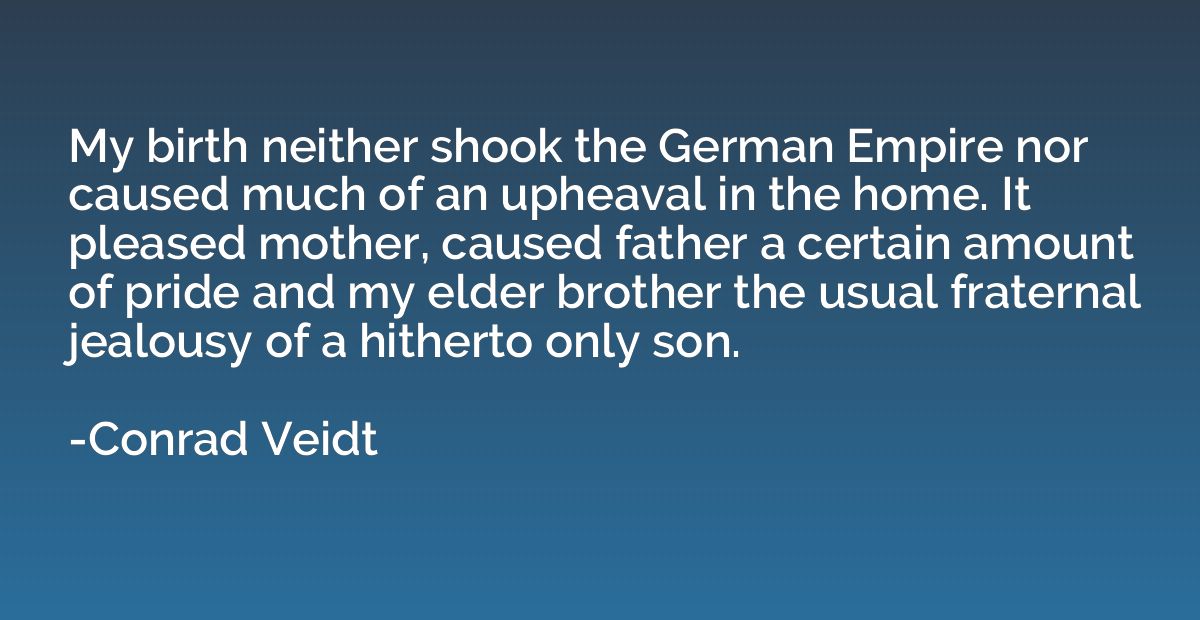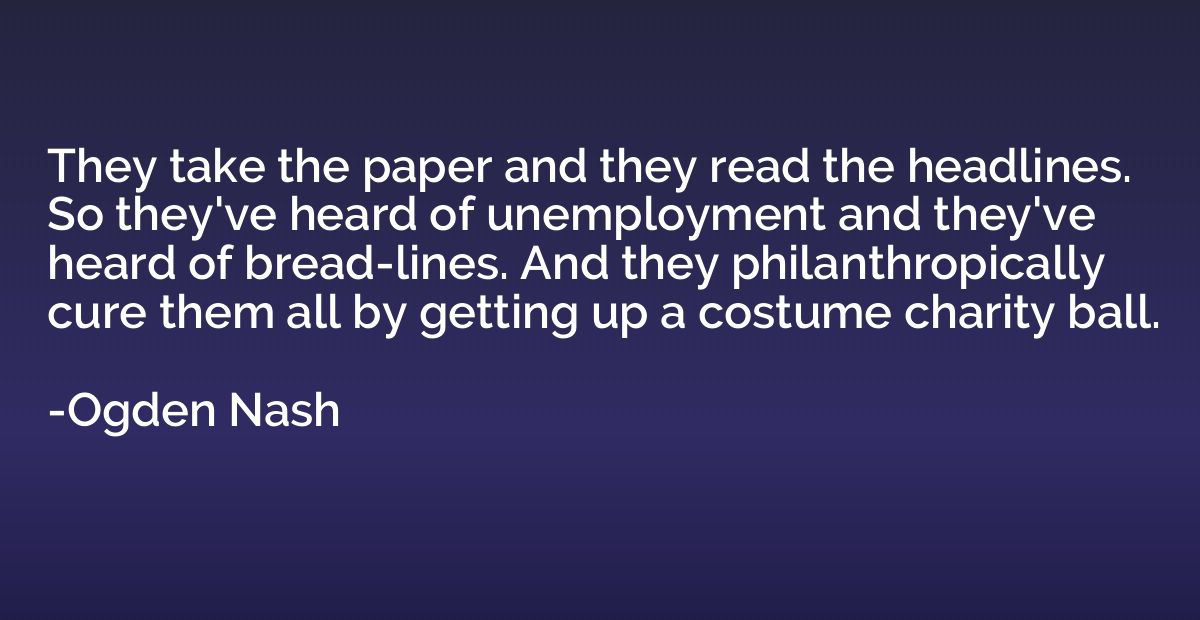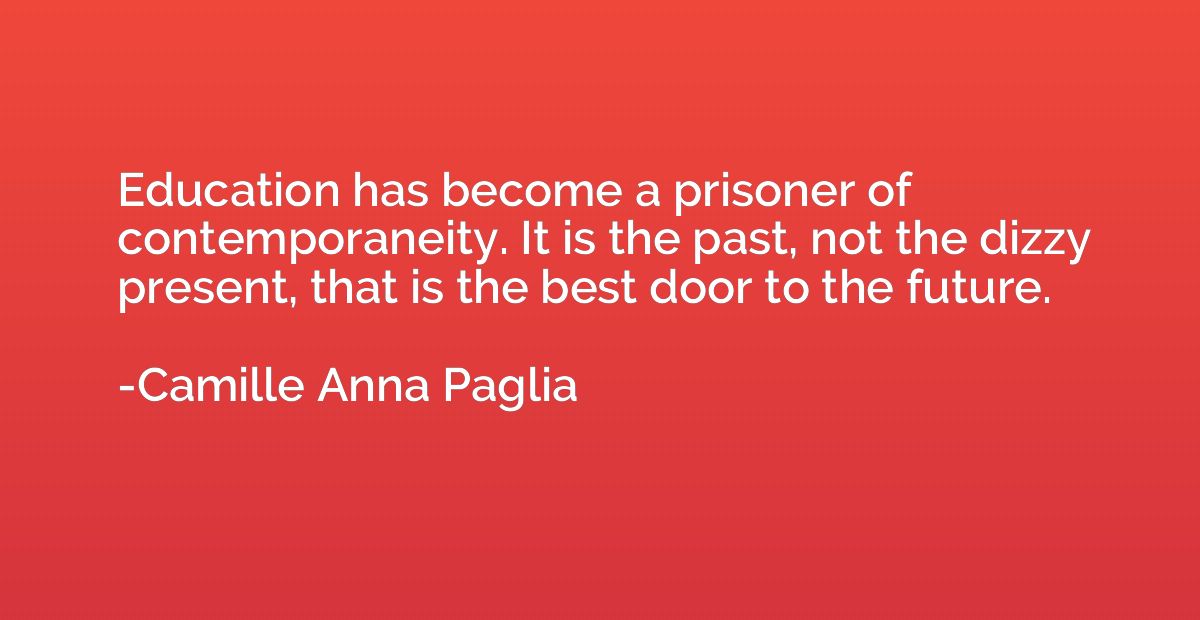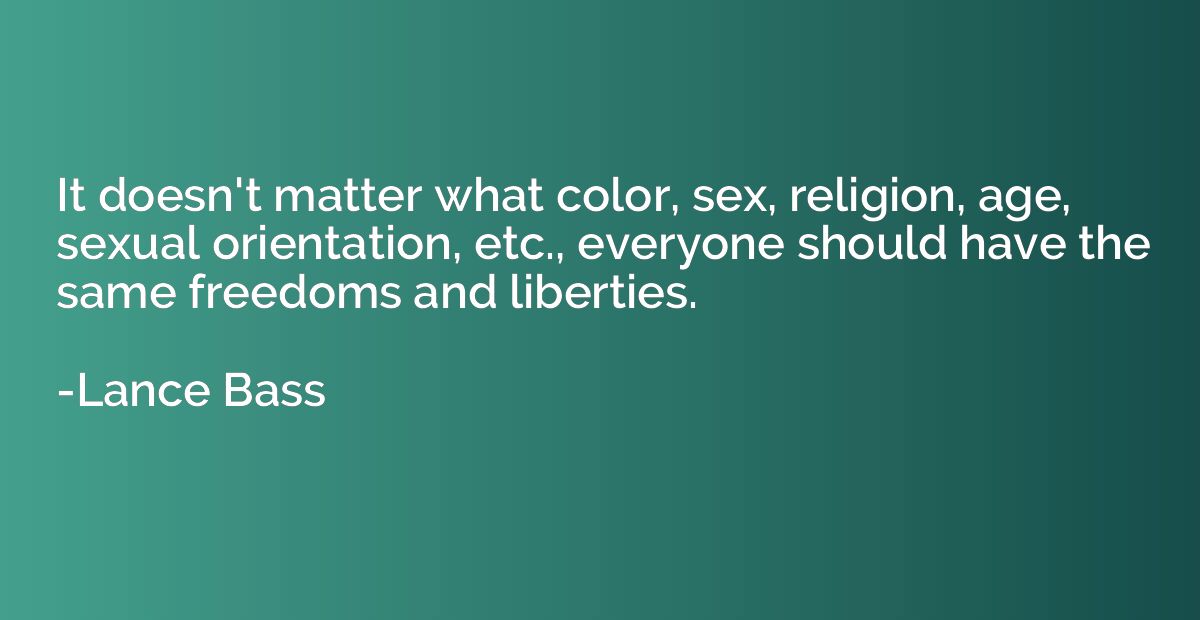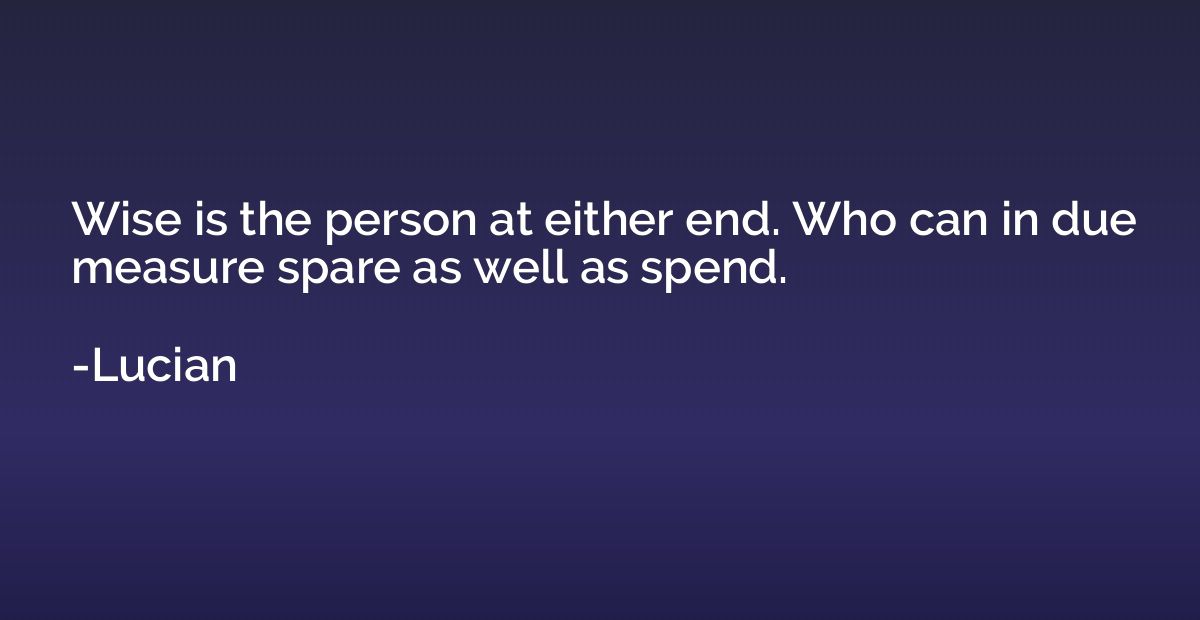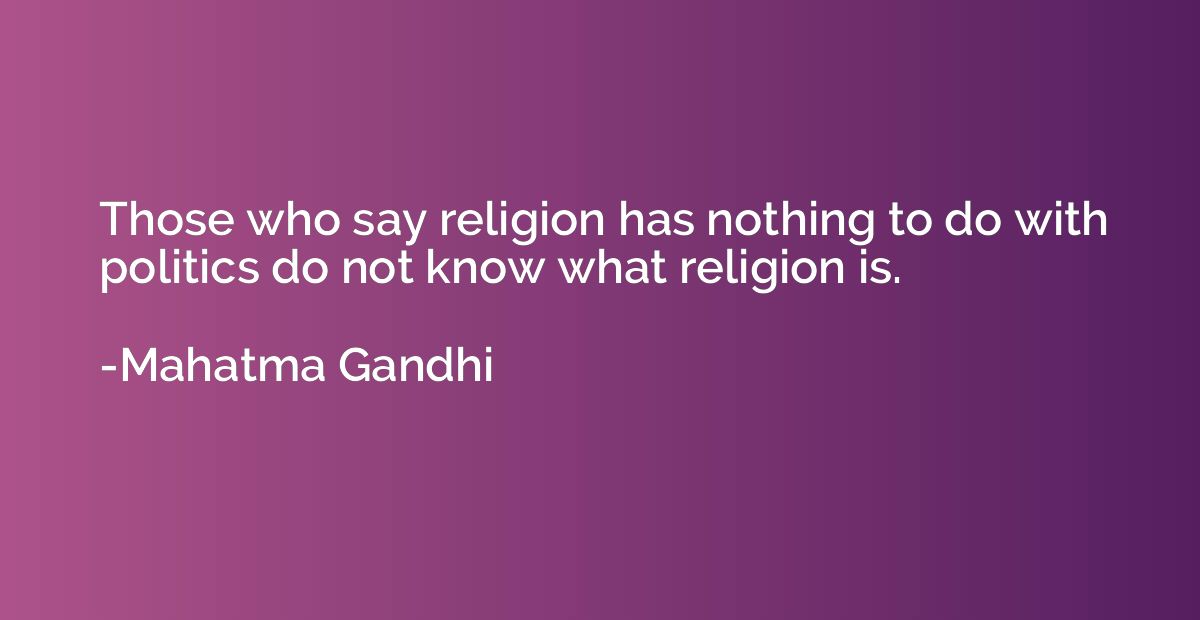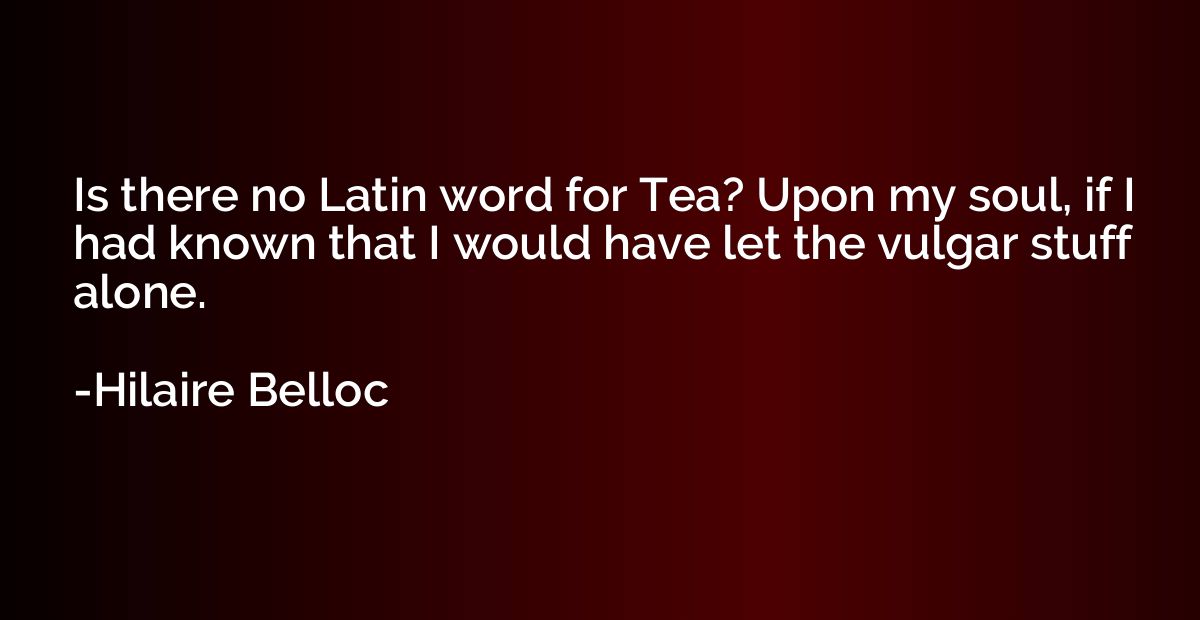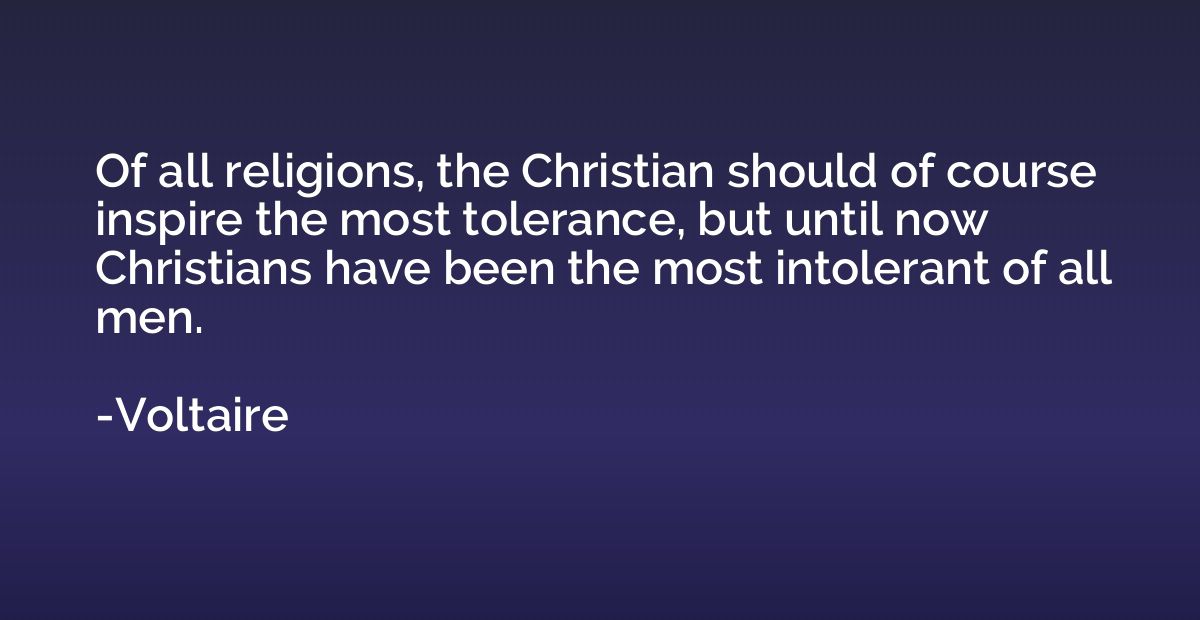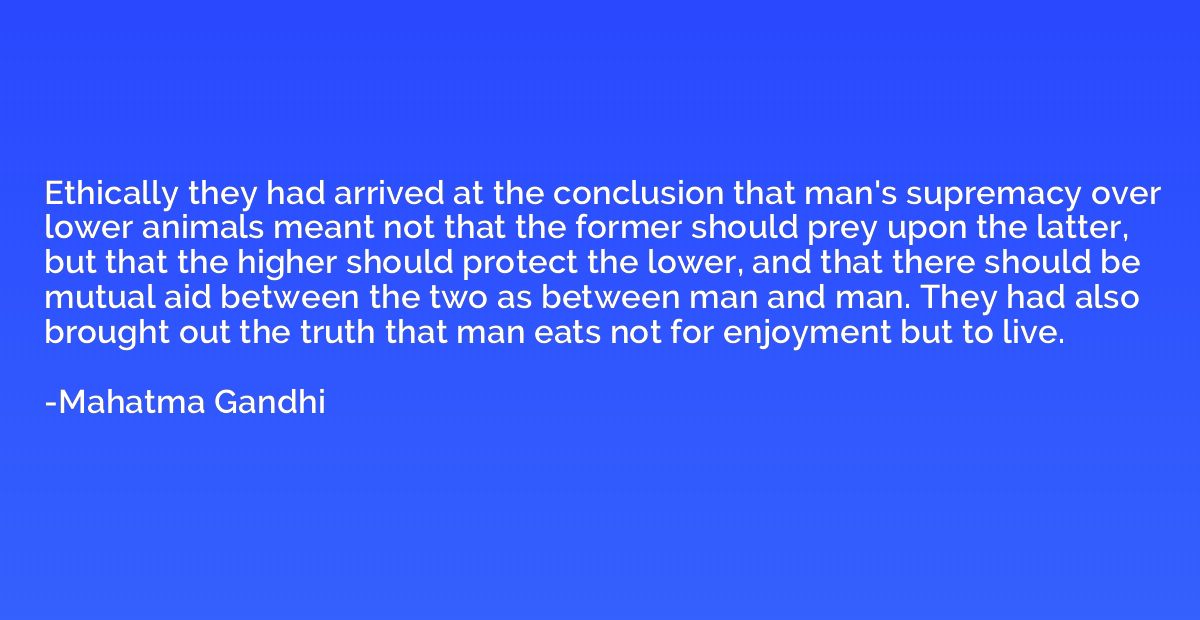Quote by Barbara Bush
At the end of your life, you will never regret not having passed one more test, not winning one more verdict or not closing one more deal. You will regret time not spent with a husband, a friend, a child, or a parent.
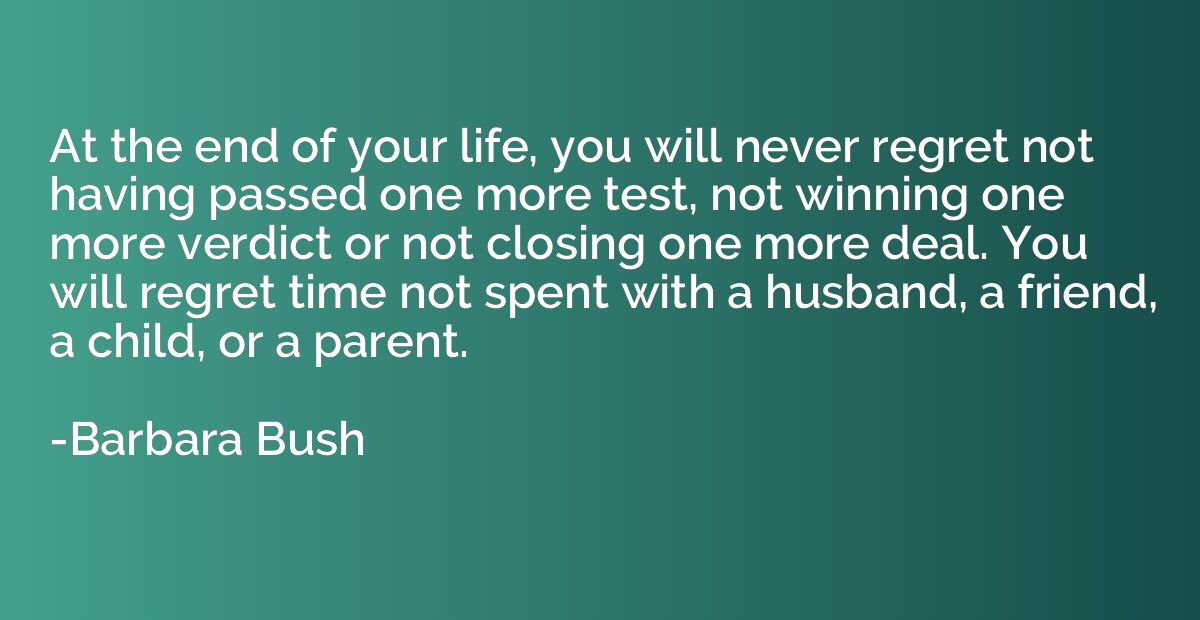
Summary
This quote emphasizes the importance of prioritizing meaningful relationships and experiences over professional achievements or material possessions. It suggests that, when reflecting on one's life, the regrets will not stem from what we accomplished in our careers or how successful we were in various pursuits, but rather from the time not invested in building and nurturing connections with loved ones. It serves as a reminder to focus on what truly matters and devote time to the people who hold significance in our lives, as they bring us lasting fulfillment and joy.
Topics
Life
By Barbara Bush




